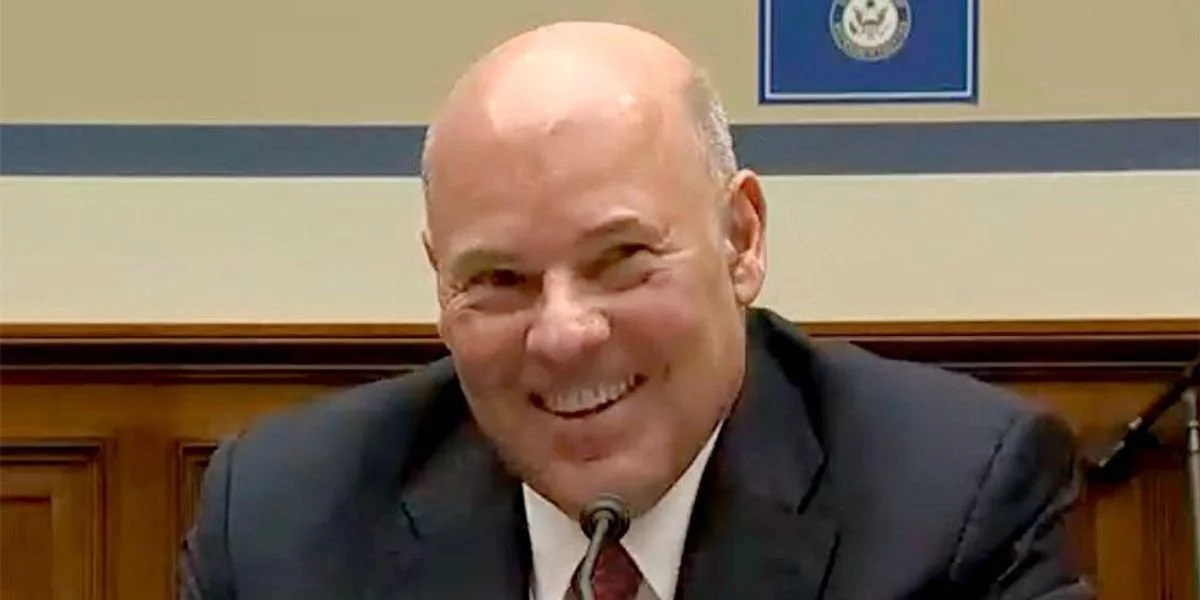Trib letter for Fred: Amrita Krishna: The benefits of having books on our shelves that don’t reflect our opinions
It is our duty to have conversations about issues that might make us uncomfortable.
| Feb. 25, 2022, 6:00 a.m.
I am an avid patron of the wonderful Salt Lake City Public Library, specifically the Anderson Foothill Branch. The library hosts a wide range of books about all subjects, with a commitment to intellectual freedom that can be somewhat rare to find.
Recently, public libraries nationwide have become the subject to significant scrutiny about the content of some books, mostly in the name of protection. These attacks come from all sides of the political spectrum: conservatives’ outrage over the discontinuation and removal of some Dr. Seuss books from children’s shelves, and Democratic lawmakers’ push to save books deemed “obscene” by conservative lawmakers. In the midst of this, we find librarians forced to defend the intellectual freedom of libraries while still trying to preserve the sanctuaries that libraries have been since their inception.
However, the balance that public libraries maintain is not reflected in our school libraries. For one, school libraries have a stronger commitment to the perceived safety and content of books, as it might be dangerous or harmful to young minds. In Utah, this commitment is being weaponized. In December, the Washington County School District removed two library books at the request of a parent. One of those books was “Out of Darkness” (a recipient of multiple accolades, including YALSA YA Award), a young adult novel with topics surrounding racial and class segregation in the 1930s. The book was banned from local high schools at the request of a sole parent.
This is not an isolated incident: Utah Parents United has been at the helm of many requests to remove certain books from libraries, including a bill that allows parents to review educational material. Not only does this pose a threat to the intellectual freedom of our school libraries, it gives power to (an often small) group of parents who have strong beliefs about certain subjects, when the majority may not feel the same way.
The push for banning a book is completely understandable. Some books contain content inappropriate for students, and are blatantly unfit in school libraries (think “Fifty Shades of Grey” in an elementary library). However, those cases are extremely rare. School libraries almost never have those types of books on their shelves.
Accordingly, when the books aren’t blatantly inappropriate, the line becomes less clear. It is when this line becomes unclear that we see the most egregious requests from parents: requests to ban books that have opposing opinions. In fact, The Office for Intellectual Freedom at the American Library Association has reported a 60% increase in book challenges since last year. Specifically, there has been an increase in the removal of books surrounding LGBTQ+ and racial issues, including, recently, in the Canyons School District.
Teachers and educators have launched strong movements to combat this. In Maine, groups of educators have joined together to discourage book challenges. But this battle is far from over. This removal of books is not just an attack on intellectual freedom. It is an attack on students who want to read books that represent them and their identity. With the banning of these books, students lose the ability to see the lives of people who are different from them, to gain a new perspective of their surrounding environments.
Books allow us to gain an understanding of our world, prompting conversations that we might not have otherwise. The importance of this in our youth cannot be understated. After all, we are the future. It is our duty to have conversations about issues that might make us uncomfortable, and learn about issues that don’t affect us. With this in mind, I encourage parents and lawmakers to reconsider their fight to ban these books and instead rethink the benefits of having books on our shelves that don’t reflect our opinions.
Amrita Krishna is a junior at West High School in Salt Lake City. She has been a teen volunteer at the Salt Lake City Public Library since 2016, and was recently an intern for the Public Library Association’s Inclusive Initiative.


